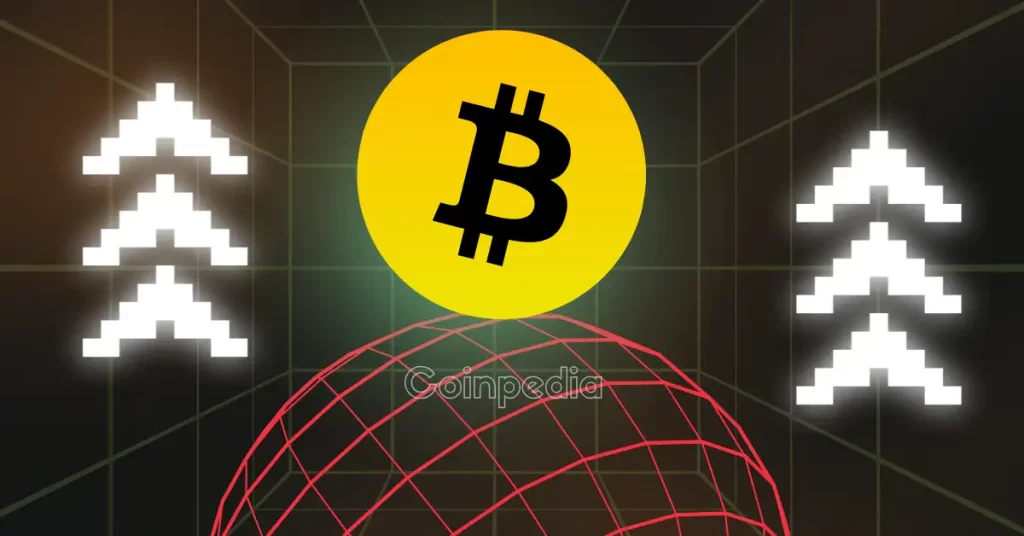
The post Bitcoin Price Prediction 2025: Will BTC Break $100K Again? appeared first on Coinpedia Fintech News
In the last 24 hours, the cryptocurrency market has experienced a drop of 3.7%. During the period, the Bitcoin market has declined by over 1.9%. Currently, the price of BTC stands at $89,003.65 – nearly 22.49% below its all-time high. In the last 30 days, the BTC price has dropped by over 8.7%. The recent price dip of the largest crypto by market cap has raised concerns. However, experts say that the bull run is far from over. Swan Bitcoin CEO Cory Klippsten predicts that the BTC price could surpass $109,000 by June. Here is everything you should know.
BTC’s Path to a New All-Time High
Klippsten thinks that Bitcoin has at least a 50% chance of reaching a new all-time high by June. He argues that BTC is still in a strong upward trend despite short-term drops.
He states that the market first needs to absorb macroeconomic uncertainties, including Trump’s tariff policies and inflation fears.
Macroeconomic Factors Impacting Bitcoin’s Price
On February 1, US President Donald Trump introduced an aggressive tariff policy against China, Canada and Mexico. The Trump administration imposed tougher import tariffs on these countries. Klippsten argues that the tariff policy has affected the BTC market severely. Since the day the tariff policy was introduced, the BTC price has slipped by approximately 14%.
He also states that inflation fears have influenced the Bitcoin market. However, he acknowledges that the current downtrend in the BTC market is short-term in nature.
Why This Is a Pause, Not the End of the Bull Run
Klippsten argues that Bitcoin’s momentum from its $100K breakout is still strong. He points out that institutional demand for BTC remains steady and strong. He also notes that long-term investors are not selling their holdings.
In December 2024, the month when the market touched the crucial milestone of $100K, the market showed a decline of -3.19%. In January 2025, the market recorded a monthly return of +9.54%. In February, it registered a return of -17.5%. This month, so far, the market has grown by 5.53%.
Impact of Trump’s Strategic Bitcoin Reserve Announcement
Recently, the Trump administration confirmed its plan to establish a crypto strategic reserve. It appears that the announcement has made no impact on the BTC market.
Experts believe that the lack of clarity regarding how much BTC the government would buy led to disappointment in the crypto community.
Bitcoin’s Expected Price Movements in the Coming Weeks
Analyst Timothy Peterson predicts that BTC will trade between $85,000 and $95,000 for 6 to 12 weeks. After that, the BTC price is expected to rebound to $100,000.
The post Bitcoin Price Prediction 2025: Will BTC Break $100K Again? appeared first on Coinpedia Fintech News
In the last 24 hours, the cryptocurrency market has experienced a drop of 3.7%. During the period, the Bitcoin market has declined by over 1.9%. Currently, the price of BTC stands at $89,003.65 – nearly 22.49% below its all-time high. In the last 30 days, the BTC price has dropped by over 8.7%. The recent …





